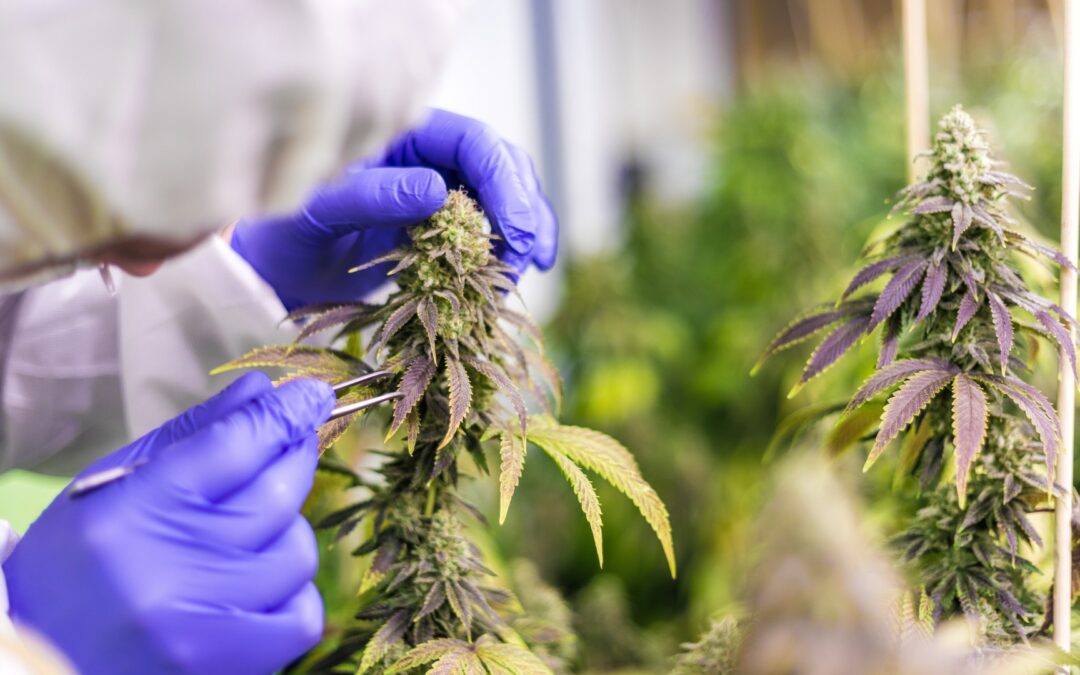Medical cannabis has gained significant attention in recent years as a treatment option for many health conditions. However, some concerns about its safety still persist. In this post, we discuss medical cannabis safety and dispel common misconceptions.
Scientific Evidence
Many studies have examined the safety profile of medical cannabis, consistently indicating its relatively low risk compared to many other medications. Research has shown that the main psychoactive compound in cannabis, delta-9-tetrahydrocannabinol (THC), has a high margin of safety, meaning it is unlikely to cause an overdose or life-threatening effects. Additionally, the non-psychoactive compound cannabidiol (CBD) has been found to be well-tolerated, with few significant side effects reported.
Side Effects
While medical cannabis is generally safe, it is not completely without side effects. The most common side effects include dry mouth, dizziness, fatigue, and changes in appetite. However, these effects are typically mild and often go away as the body adjusts to the treatment. Importantly, the side effects of medical cannabis are generally less severe and less frequent compared to many other medications commonly used for similar conditions.
Drug Interactions
Like any medication, medical cannabis can interact with other drugs. It is crucial to inform your healthcare provider about all the medications you are taking to avoid potential interactions. Certain medications, such as blood thinners, may require closer monitoring when used concurrently with medical cannabis. Consulting with a knowledgeable healthcare professional can help mitigate any potential risks.
Quality Control and Regulation
Ensuring the safety of medical cannabis products relies on quality control and regulation. In Arkansas, medical cannabis patients should seek products from licensed dispensaries that adhere to stringent regulations and only dispense products that meet high safety standards — all legally obtained cannabis has undergone rigorous testing for contaminants, such as pesticides, heavy metals, and microbial agents, to minimize potential health risks.
The safety profile of medical cannabis is generally favorable, with a low risk of serious side effects. However, as with any treatment, it is essential to approach medical cannabis with the same caution you would any other prescribed medicine and under the guidance of a healthcare professional. By staying informed, adhering to proper dosing guidelines, and seeking reputable products, patients can benefit from the therapeutic benefits of medical cannabis while minimizing potential risks. As the scientific understanding of medical cannabis continues to evolve, ongoing research and responsible use will further contribute to ensuring its safety and efficacy in healthcare.

